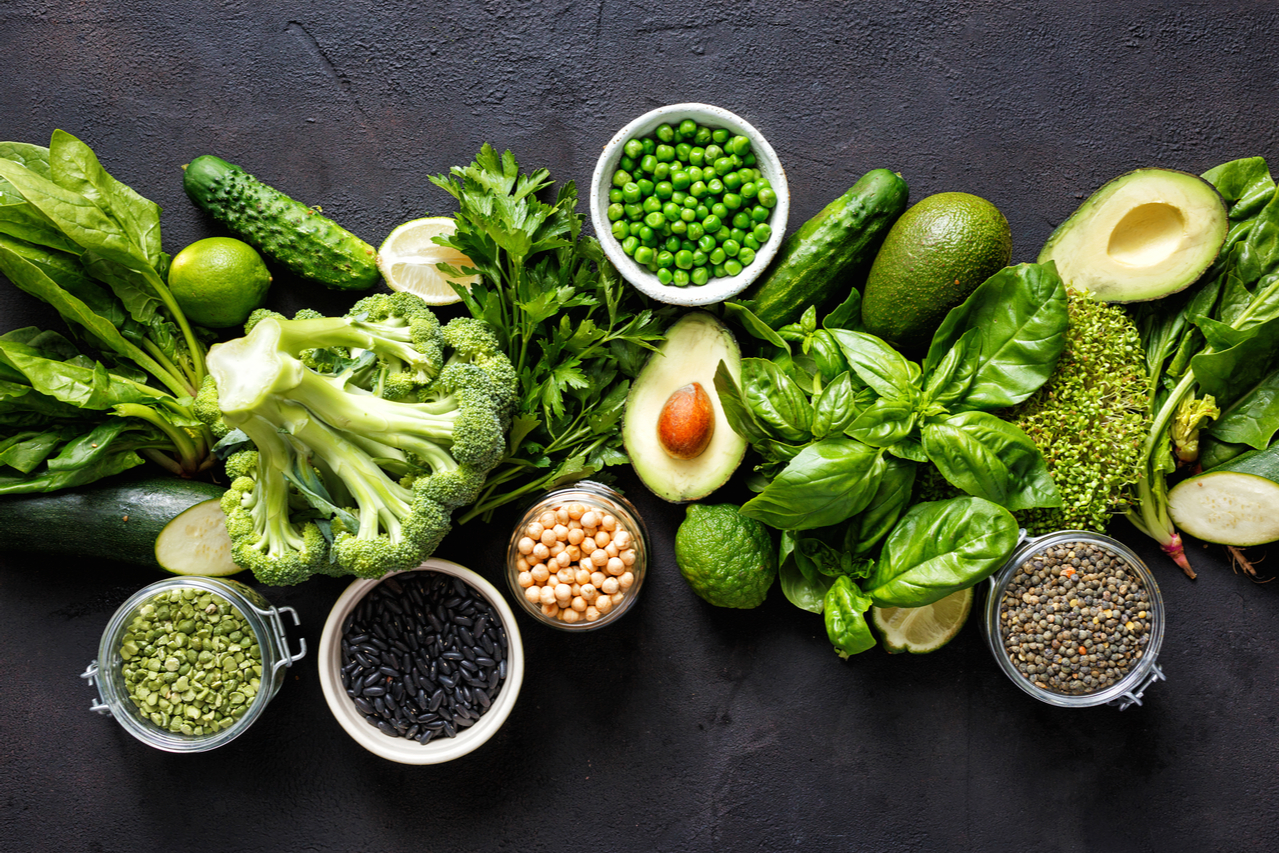The global plant-based protein supplements market size is projected to reach USD 7.08 billion by 2027, exhibiting a CAGR of 5.1% during the forecast period. Potential long-term benefits of switching to plant-based diets will play a major role in fueling the adoption of plant proteins. A research study conducted by the Oxford Martin School under the University of Oxford in 2016 revealed that if majority of the global population switched to fruit- and-vegetable-based diets by 2050, it could reduce greenhouse gas emissions by 67%. Moreover, the world could save USD 1.5 trillion in climate-related healthcare costs. Empirical evidence supporting vegetarianism will prove instrumental in promoting the adoption of plant-based protein supplements, as protein supplements are usually derived from animal-based products. This gradual shift in preference is also expected to stoke innovation among market companies, who are already developing protein supplements derived from plants.
The sudden outbreak of the COVID-19 pandemic has spawned unprecedented uncertainty and upheaval across industries and businesses. While some have been relatively insulated, several others are undergoing unparalleled suffering because of the pandemic. We aim to provide businesses with thoroughly researched market intelligence reports regarding this crisis so that they can formulate well-informed market strategies.
Based on our experience and expertise, we will offer you an impact analysis of coronavirus outbreak across industries to help you prepare for the future.
Increasing Incidence of Diabetes Worldwide to Boost the Market
A key factor driving the plant-based protein supplements market growth is the rising prevalence of diabetes across the globe. In 2019, according to the International Diabetes Foundation (IDF), 463 million people were living with diabetes, and by 2045, this number will rise to 700 million. In addition, the IDF estimates approximately 374 million people are at a heightened risk of developing type 2 diabetes. Proteins are essential in controlling and managing diabetes and plant-based proteins are proving to be highly potent in performing these tasks. For example, peanuts contain the amino acid arginine, which boosts insulin production in the body and stabilizes blood sugar levels. Similarly, almonds, according to a study published in the journal ‘Metabolism’, showed that eating one ounce of almonds before a fatty meal lowered blood sugar levels by 30% after the meal in diabetics. Thus, the wide benefits associated with proteins derived from natural foods will fuel the growth of this market.
North America to Emerge as the Largest Regional Market; Asia Pacific to Register Phenomenal Growth
North America, whose market size in 2019 stood at USD 2.29 billion, is expected to dominate the plant-based protein supplements market share during the forecast period. This is mainly attributable to the high awareness among consumers about the extensive environmental and health benefits of adopting a vegetarian diet regime. Similar trends will be observed in Europe, where countries such as the UK and France are swiftly pursuing vegan lifestyles.
Asia Pacific, on the other hand, is anticipated to showcase an excellent growth trajectory on account of increasing prevalence of lifestyle-related disorders, mainly diabetes and cardiovascular diseases. Besides this, rapid urbanization is making people more health-conscious and pushing them towards adopting diets comprising of fruits and vegetables and even vegan proteins.
Key Players to Invest in Building a Diversified Product Range
Portfolio diversification is the prominent strategy being implemented by the key players in this market. Companies are bolstering this strategy with shrewd investments in niche domains, which is allowing them to broaden their presence in the market, strengthen regional position, and enhance brand value on the international scale.
Industry Developments:
- May 2020: Danone announces the commercial availability of its Vega One plant-based protein products in China, with the Vega One Sport designed for sports enthusiasts in the country. This product contains a mix of proteins derived from different sources including pumpkin seeds, alfalfa, sunflower, and peas.
- May 2019: Canada-based Burcon NutraScience Corporation inked a joint venture agreement with an investment group to construct a facility worth CAD 65 million to produce canola-protein and pea-protein in Western Canada. The plant will produce Burcon’s Peazac and Peazazz pea proteins and Nutratein, Puratein, and Supertein canola proteins.
List of Key Companies Profiled in the Plant-based Protein Supplements Market Report:
- Nuzest Life Pty Ltd. (New South Wales, Australia)
- Blue Diamond Global Ingredients Division (California, U.S.)
- Iovate Health Sciences International Inc. (Ontario, Canada)
- (Mannheim, Germany)
- Roquette FrèBENEO GmbH res (Lestrem, France)
- Sakara Life, Inc. (New York, U.S.)
- Amway (Michigan, U.S.)
- Glanbia plc (Kilkenny, Ireland)
- Kerry Group plc (Listowel, Ireland)
- Danone S.A. (Paris France)




